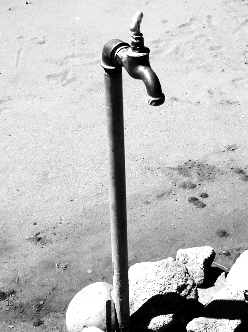NT works progress
 The Northern Territory is undergoing significant transformations in water management, legislation, and funding, based on a Water Plan initiated in June 2023.
The Northern Territory is undergoing significant transformations in water management, legislation, and funding, based on a Water Plan initiated in June 2023.
This new framework aims to secure water resources for the present and future, addressing diverse needs including human consumption, economic development, cultural preservation, and environmental sustainability.
Central to these reforms is the Territory’s Parks and Water Legislation Amendment Bill 2024.
The bill enacts several changes. Firstly, it distinctly separates the roles of the Controller of Water Resources and the Minister, ensuring the Controller's independence. Additionally, compliance and enforcement tools are modernised and strengthened, improving the enforceability of the Water Act.
The Northern Territory Civil and Administrative Tribunal (NTCAT) will replace the Minister in reviewing water decisions, promoting efficiency and consistency.
Furthermore, clear procedures for transitioning to a water-licensing framework have been established.
These changes are designed to continue the incremental improvements to the Water Act initiated in 2017.
The NT Government's first annual Progress Report for the Territory Water Plan, accompanied by a Monitoring and Evaluation Framework, outlines several critical initiatives and milestones.
The NT Government says drafting of a new Safe Drinking Water Bill is underway. Funding from the National Water Grid Authority has been secured to upgrade and replace water infrastructure in remote communities and to support scientific projects enhancing water resource modelling.
Significant progress has reportedly been made in the Darwin region water supply program, including regulatory approvals for reactivating Manton Dam and planning for the Adelaide River Off-Stream Water Storage (AROWS).
Additionally, water savings have been achieved through initiatives such as the Schools Water Efficiency Program, led by Power and Water.
By addressing current needs and planning for future demands, the NT Government says it aims to ensure water security for all sectors. As the Progress Report highlights, continuous evaluation will play a crucial role in adapting and improving water management practices in the Territory.







 Print
Print